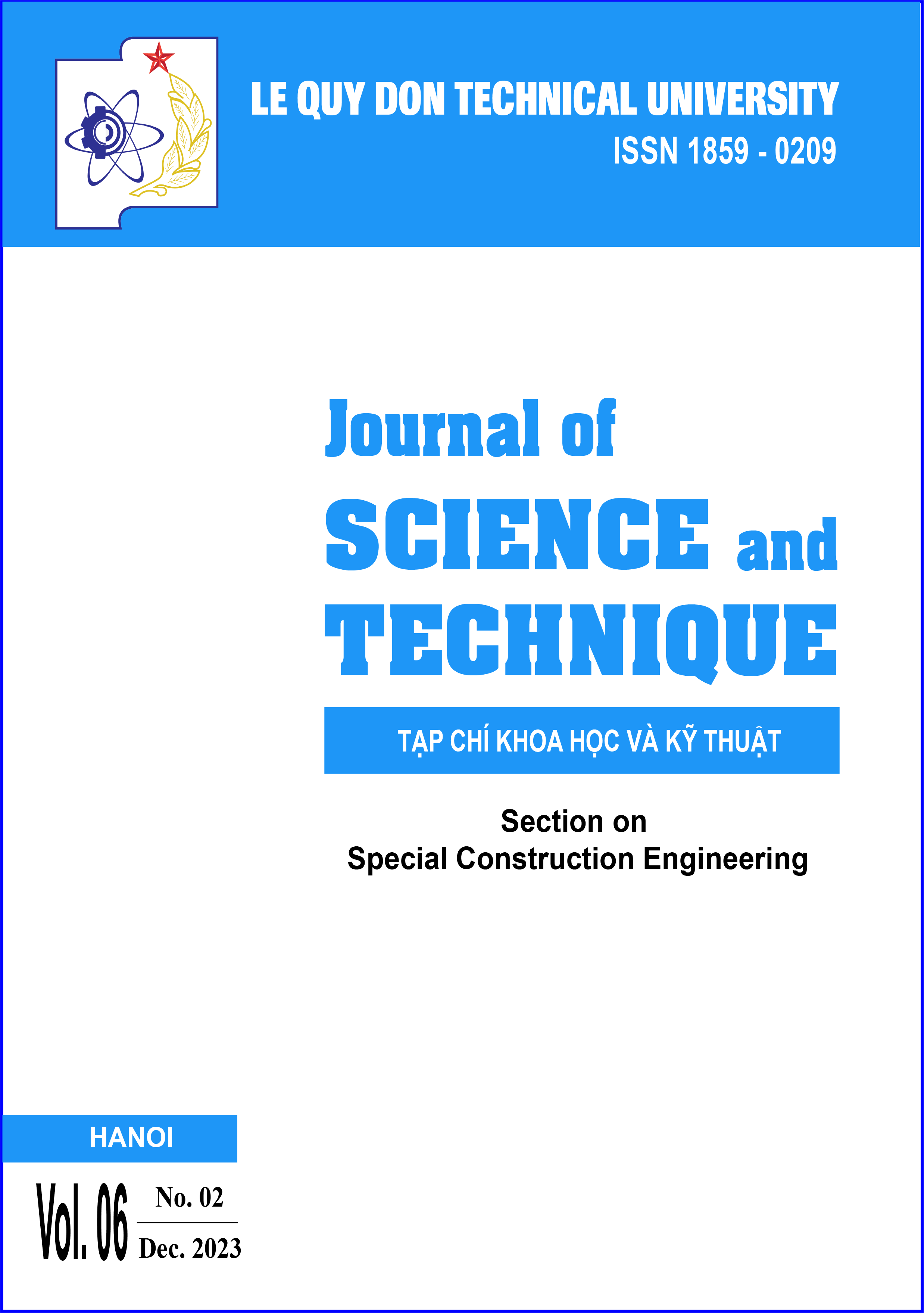PRELIMINARY EVALUATIONS OF AIR TEMPERATURE EFFECTS ON THE RESPONSE OF SEISMICALLY ISOLATED BRIDGES EMPLOYING ELASTOMERIC BEARINGS
Abstract
Laminated rubber bearing is a common seismic protection device for bridge structures based on its high vertical stiffness, low horizontal and rotational stiffness, and significant lateral restoring capacity. However, the mechanical behavior of elastomers, particularly the material's shear stiffness, is significantly influenced by variations in air temperature. The cyclic behavior of elastomeric isolators is affected by variations in air temperature and this is considered by current seismic codes through requiring upper and lower bound analysis using relevant modification factors. As a result, it significantly impacts the seismic responses of structures employing laminate rubber isolators. However, this aspect is not frequently considered when designing seismic isolation in most locations. This article aims to evaluate the effect of air temperature on the seismic response of isolated bridges. A parametric study, with varying temperature conduction, is carried out. The responses of a seismically isolated bridge are evaluated by the peak value of lateral force and displacement. Results indicate that air temperature has considerable effects on the behavior of rubber isolators and seismic responses of isolated bridges.

